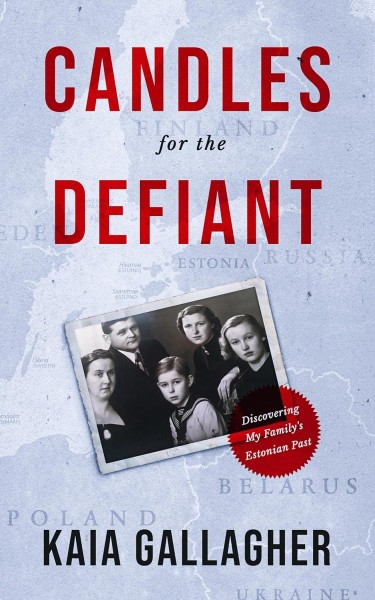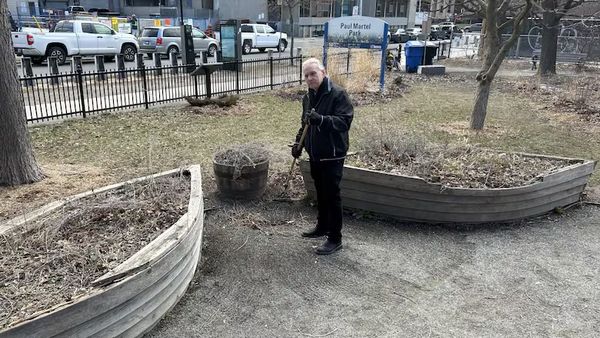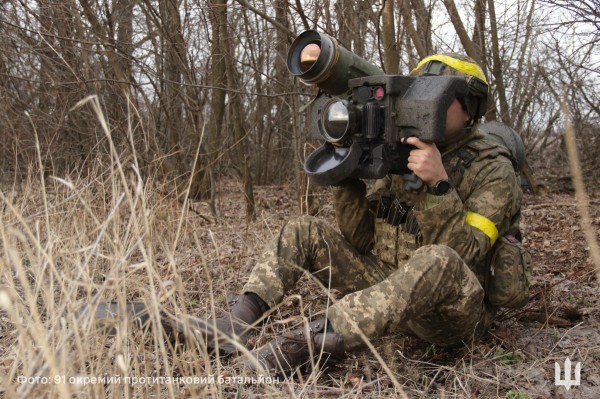Chargé d’affaires, Estonian Embassy, Ottawa
Elections have been a hot topic recently in North America. Ontarians made their choices about municipal leadership a week ago and the Americans will do the same in mid-term elections this week for Congressional candidates. In Canada, there is currently much speculation about various scenarios which might spark parliamentary elections here. In Estonia, predetermined parliamentary elections are scheduled for March 6, 2001.
The most recent opportunity for Estonians living in Canada to cast a vote was for the European Parliamentary elections. Voters then had a lukewarm interest in the process. This isn’t surprising. For voters in Estonia, those elections felt like an abstract exercise, distant from actual life – feelings that were magnified for Estonians living in faraway North American. The fact that North Americans often find themselves on the opposite sides of issues favoured by the European Union compounds the problem. Fortunately there is more common ground than not.
During my first year of service in Canada I have heard various opinions about whether Estonians abroad should even participate in elections taking place in Estonia. I’ve often heard the comment: what moral right do Estonians living elsewhere have to intrude in decision-making, which affects the lives of those living in Estonia? This questioning isn’t wrong. But it leaves aside the struggle of our forefathers, lasting for generations – the struggle to win self-determination for our people and nation. Rights come with responsibilities. I stress herein the right of our people to self-determination, which accompanies us wherever we may be in the world. If Estonians don’t participate in the decision-making that determines the future of our people and country, others will! And it will not be in the name of the survival of the Estonian language, nation and state. Consequently all Estonian citizens have not only the right but also the moral and lawful duty to vote!
Advertisement / Reklaam
Advertisement / Reklaam
Voting in Estonia is easier than in Canada because the actual process is virtually brought closer to the voter. The state Elections Commission has made the process as simple as possible for voters in Canada also. Voting by mail and electronically with ID cards are viable voter options. If, up to now ID cards have only been unique mementos, then now is the time to show their real capability to those who haven’t experienced e-voting, something that Estonia pioneered. For voting, the card needs additional technology that’s easy to acquire. A ‘smart card reader’ and accompanying software are the necessary tools for the card to be used with your computer and the Elections Commission’s server. The software can be downloaded from the Certification Centre’s website at www.id.ee. The smart card reader can be ordered through the internet or from the estore at Estonian House in Toronto through www.estore.ekn.ca. Even though confidentiality must be guaranteed in electronic voting, a family still needs just one smart card reader with which all can vote. Friends and relatives can also make use of this capability as long as voter confidentiality and privacy is adhered to.Equally important to casting your ballot electronically is voting by mail. But for this to be effective, the Elections Commission needs to know the correct address to which essential information and ballots are to be sent. This means that all Estonians residing in Canada must be accurately enumerated in Estonia’s Citizen’s Registry. During the last elections a huge number of mailed voter cards were returned to the Embassy because of faulty addresses. Similarly, the Citizen’s Registry had not been notified of many, who had been registered and had died in the interval. It’s crucial that the Registry has up-to-date information regarding voters in order to make voting by mail feasible.
Advertisement / Reklaam
Advertisement / Reklaam
To update your contact information, simply cut out the accompanying form, or download it from the embassy’s website ( http://www.estemb.ca/static/fi... ), fill it out, add a copy from a personal ID document (ID card, driver’s licence, passport etc.) and send it to the Embassy (address on the website www.estemb.ca). The deadline is the second last week of November. The Embassy will update the info with the Citizen’s Registry and the voter’s registry card will be sent to the right address. Copies of the voter’s card can be made for all family members.The Elections Act gives all citizens who are 18 years old by elections day, the right to vote. Individuals, who have been declared incompetent or who have been criminally convicted and are serving a sentence cannot vote. Voters must be on the voters list, which means that he must have his address in the Citizen’s Registry. This means that only Estonian citizens, on the voters’ list, who provide a personal ID on elections day can vote. It’s obvious that during the time given for compiling a voters’ list of citizens living abroad, it’s not possible to apply for an ID card or passport. At the same time, all Estonian citizens have the opportunity and duty to update their personal data (or that of a recently deceased family member) in the Citizen’s Registry before or after the elections.
The Estonian Embassy in Ottawa requests that everyone keep themselves informed with the elections information on the Embassy’s website or in Estonian Life. We call on all citizens to participate in the elections and to make an informed decision influencing Estonia’s future! Your vote is crucial for Estonia!
Important election information and dates:
Elections at the polling station in the Ottawa Estonian Embassy:
Ballots can be cast on February 21 and 22, from 10:00 am to 18:00 pm, in the Embassy (260 Dalhousie St., Suite 210).
Advertisement / Reklaam
Advertisement / Reklaam
One can vote electronically at the Embassy (using your ID card) on February 28, from 10:00 am to 18:00 pm.Applications to vote by mail must be sent to the Estonian Embassy (address above) and received at the Embassy no later than February 18. The recommended date for posting is one week earlier.
Elections at the Consulate General, in Toronto.
Ballots can be cast on February 22 and 23, from 11:00 am to 20:00 pm at Toronto Estonian House (958 Broadview Ave.) and at Ehatare seniors’ home on February 23, from 11:00 am to 15:00 pm (40 Old Kingston Road).

























